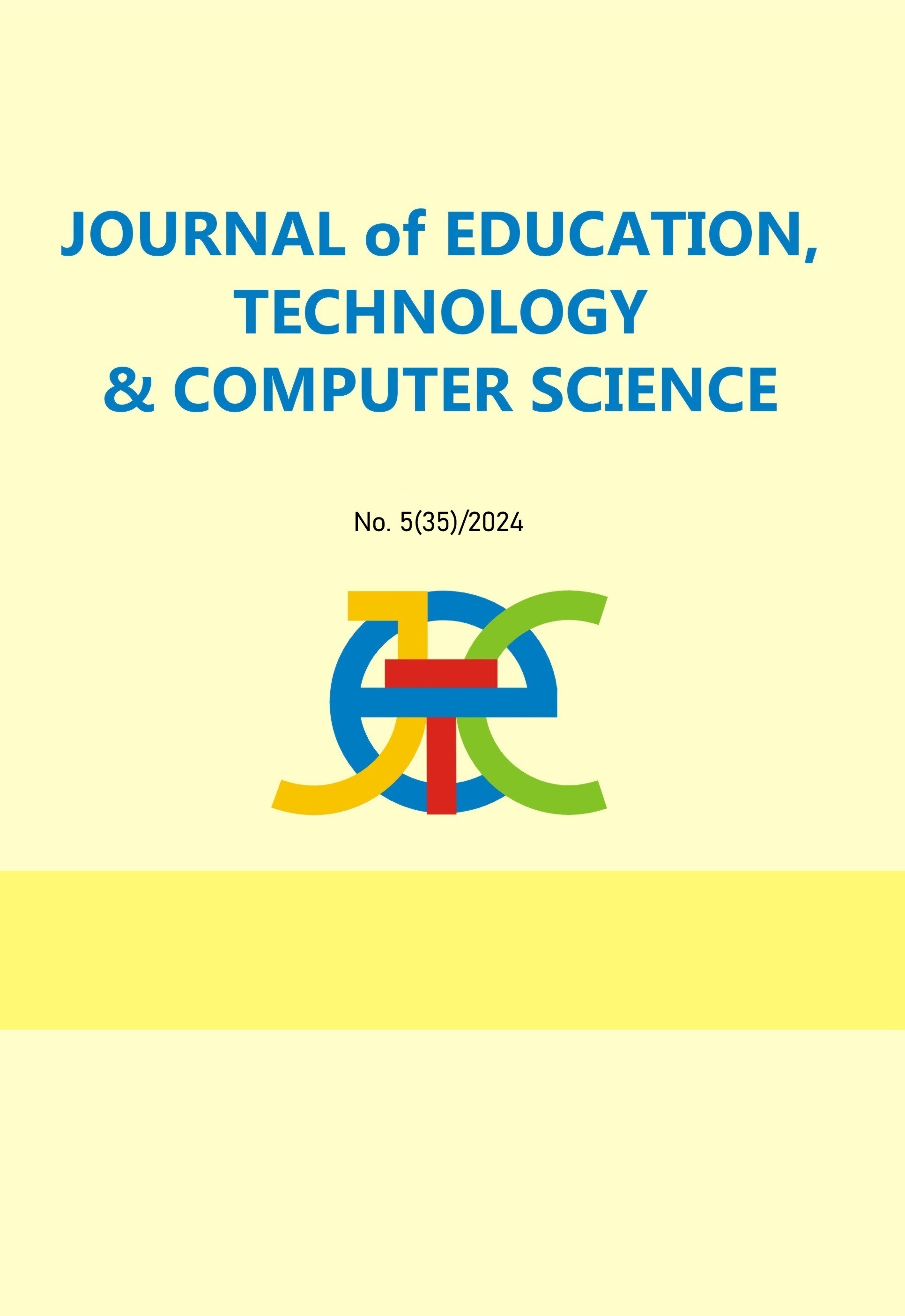The Use of VR Technology in Teaching Electrical Power Engineering on the Example of the VES Application
DOI:
https://doi.org/10.15584/jetacomps.2024.5.6Keywords:
Virtual Reality, VR in education, teaching process, higher education didacticsAbstract
The article presents the use of virtual reality (VR) technology in the process of teaching elec trical power engineering, based on the Virtual Electrical Switchgear (VES) application. The author discusses the advantages of using VR in education, pointing to interactivity, the possibility of carrying out practical tasks and improving student engagement. The functions of the VES applica tion were also presented, which allow the simulation of realistic scenarios related to learning how to build and operate MV switchboards. The article also includes research results confirming the effectiveness of using this application in the teaching process, including increasing the effective ness of learning and improving students’ understanding of issues. An important perspective for the development and further use of VR technology in the field of teaching electrical power engineer ing was noted, contributing to improving the quality of education in this field.
Downloads
Published
How to Cite
Issue
Section
License
Copyright (c) 2024 Journal of Education, Technology and Computer Science

This work is licensed under a Creative Commons Attribution-NonCommercial-NoDerivatives 4.0 International License.

